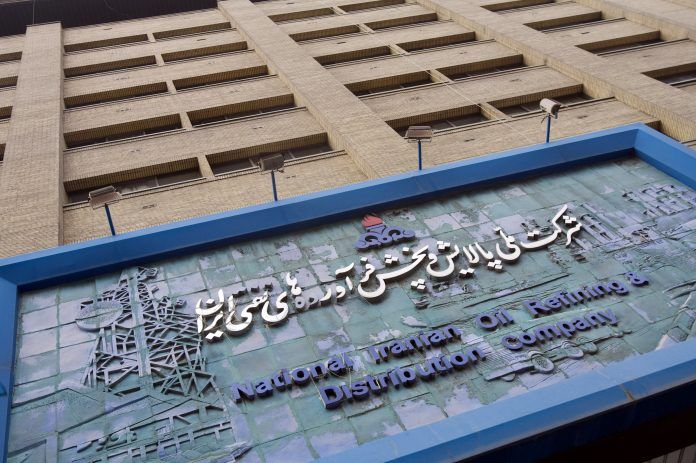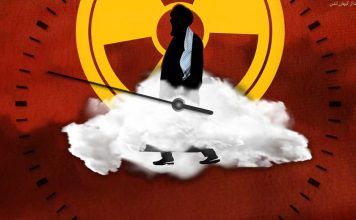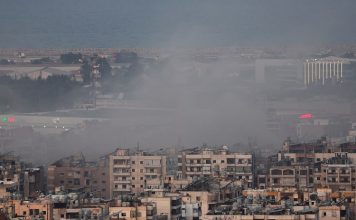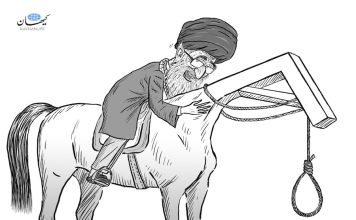
By Kayhan Life Staff
Iran’s Oil Minister Bijan Namdar Zanganeh has said that the country is exploring alternative ways of exporting its oil, including capillary marketing and distribution strategy.
Capillary transport is the last link in the supply chain. It involves delivering products directly to the final sellers.
Mr. Zanganeh made the comments during an open session of the Majlis (Iranian Parliament) on Sep. 15.
The Majlis routinely summons government ministers to be grilled by deputies on their policies and performance. However, there is no evidence that these question-and-answer sessions result in concrete or constructive measures.
“We must implement an alternative method to export [oil] by implementing a capillary distribution strategy,” the government’s ICANA News Agency quoted Zanganeh as saying. “We have explored various ways of bypassing U.S. sanctions and received help from many people, including security forces and foreign sources. We hope the Majlis can also help us in our efforts by using interparliamentary diplomacy.”
“We do our utmost to get results in this area,” Zanganeh noted. “We have also expressed our concerns about the stock market, and have reported to the chairpersons of the Majlis’ energy, economy, and budget and planning committees.”
“The U.S. and the Zionist regime and their allies, including the monafeghin [the People’s Mojahedin Organization of Iran (PMOI)], have launched an all-out economic war against Iran,” Zanganeh said. “It is, therefore, imperative for the Majlis, the government, and all other state institutions to work in unison, as the entire country did during the Sacred Defense [Iran-Iraq War 1980-88].”
“We are in the midst of an unequal and aggressive war waged against the Islamic Republic,” Zanganeh told Majlis deputies. “We are at the forefront of this war. So we ask that you consider these issues in your dealings with us. We welcome all suggestions regarding oil export. We would also consider the oil-for-goods proposal.”
Zanganeh was among the senior Iranian officials who believed that the U.S. would not impose sanctions on oil export even after it unilaterally withdrew from the 2015 Joint Comprehensive Plan of Action (JCPOA), better known as the Iran nuclear deal, in May 2018.
“The country’s industries depend on oil. It creates jobs in all sectors, including contract work. Oil production depends on drilling,” Zanganeh noted. “We have drafted four documents for future oil, gas, and petrochemical production, which will take us to 2041. They are fuel consumption and transport, gas production and consumption, oil production, and downstream petrochemical production. The Majlis and the Energy Committee must review these documents.”
[aesop_image img=”https://kayhanlife.com/wp-content/uploads/2018/07/2018-06-28T144150Z_28562562_RC12B0A6F550_RTRMADP_3_OIL-OPEC.jpg” panorama=”off” credit=”Bijan Zanganeh. REUTERS” align=”center” lightbox=”on” captionsrc=”custom” captionposition=”left” revealfx=”off” overlay_revealfx=”off”]
Following his address, several Majlis deputies grilled Zanganeh over the oil ministry’s performance.
Malek Shariati, the spokesperson for the Energy Committee of the Majlis, said: “Not all the oil fields are developed with the same care and efficiency. Azar Oil Field [in the western province of Ilam] is not in good shape. We did not hire any Iranian contractors for the South Pars Oil Field Phase 11. However, after seven years, we have hired Iranian contractors to work at the site. Why didn’t we hire them at the start of the project?”
Criticizing the Oil Ministry for losing the legal dispute over the repayment of debt for gas Iran imported from Turkmenistan, Mr. Shariati said: “We have a shortage of gas reserves. We moved unilaterally on the Turkmenistan gas contract. We lost a case that we should have won.”
“The contracts with the Crescent Petroleum [UAE], Total [France], Turkmenistan [national gas company], and Botas [Petroleum Pipeline Corporation of Turkey] have cost the country tens of billions of dollars,” Alireza Zakani, the chairman of the Majlis’ Research Center, said. “We have also shown a loss in the South Pars Oil Field for the past seven-year. The country’s oil and gas can get cut off, given the oil minister’s handling of the situation.”
“We also showed a loss of $36 billion after rationing petrol. We could have invested the revenue in improving the country’s infrastructure, but we did not take advantage of that,” Mr. Zakani added.
Zakani has proposed forming a working group comprising the energy committee members, the research center, and the oil minister to review the situation and report back to the Majlis in 10 days.
“I cannot respond to all the criticisms, views, and suggestions put forward in the time I have left,” Oil Minister Zanganeh told Majlis deputies at the end of his address. “It would take me two to three hours to answer each question. I ask that a working group be formed, made up of the government and the Majlis’ Energy Committee, to review these issues in the next five to 20 days.”
This article was translated and adapted from Persian by Fardine Hamidi.







